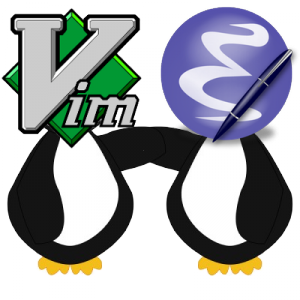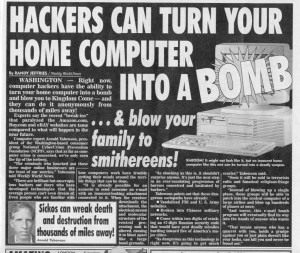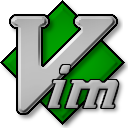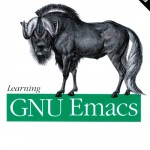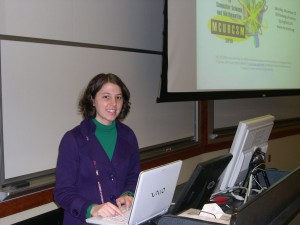Vim and Emacs tutorial night — this Thursday, October 11 at 9pm in the downstairs lab (King 137)
Have you ever been programming in one of the CS labs and happen to see that the person next to you is coding in some kind of mysterious black window with wonderful, brightly coloured text everywhere? Do you admire how quickly and effortlessly they seem to be editing their files? Well, that mysterious and beautiful program is probably either Vim or Emacs! And you too could be dazzled with pretty colours and divided windows. You too could experience the joy of macros, meta keys and modes.
You’ll learn the basics of either Vim or Emacs — your choice. We’ll walk you through a tutorial, give tips and pointers, and give you some exercises to complete at the end of the night.
Presented by the CSMC – now with cookies!
